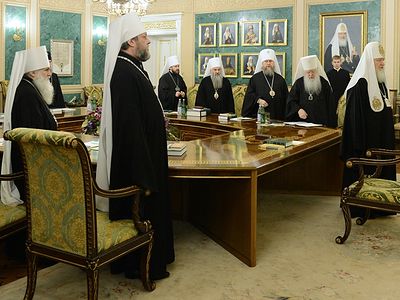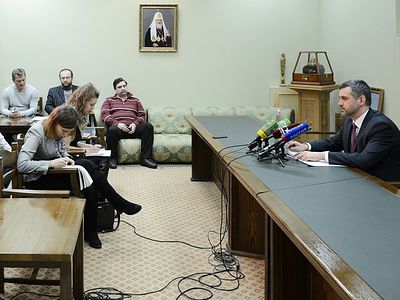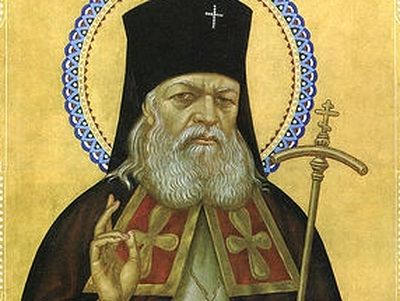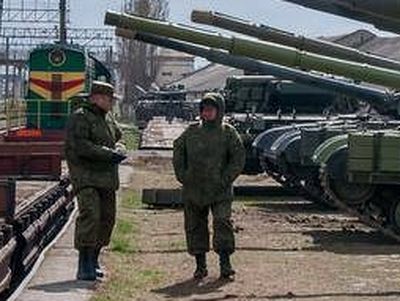Source: The Economist
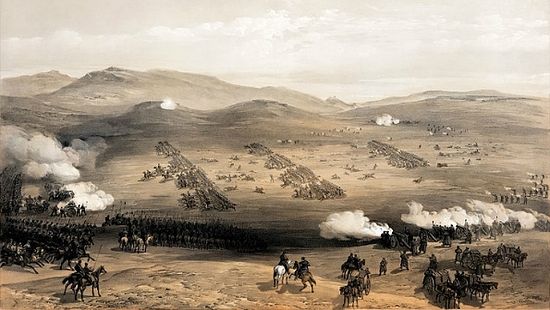
Last time war broke out over Crimea, the consequences were terrible; about 750,000 soldiers died, plus countless civilians. And the immediate causes were religious. It’s a surreal story, one of the most extraordinary cases in history of religious differences being exploited for strategic and geopolitical ends. It all began with a Franco-Russian dispute over a grotto in Bethlehem, traditionally revered as birthplace of the Prince of Peace.
Since the mid-18th century, Orthodox Russia had been citing treaties to insist strongly on its role as the protector of its co-religionists, and of Christian holy places, under the Ottoman sultan’s rule. Thanks to the warm relations between the Greek clergy and their Ottoman overlords, the Orthodox already controlled the lion’s share of Christian sites in the Holy Land. But this was challenged in the mid-19th century by France, whose Emperor Napoleon III was trying to extend Catholic influence in the region.
Things came to a head in 1852 at the Church of Nativity. The key to the main door had been held for centuries by Greek Orthodox monks; the Latin or Catholic monks had to content themselves with the key to a lesser, inner door. There was also a dispute over a silver star with Latin inscriptions, marking what was believed to be the exact site of Christ’s birth; the Greek monks had apparently taken it away, and the French wanted a silver star re-installed.
Napoleon III hoped to take over from Russia as the steward of the region’s Christians and Christian sites, which would duly come under Catholic control. To concentrate the Ottomans’ minds, France sent a massive warship up the Dardanelles. This duly convinced the sultan—only for a furious Russia, exerting massive pressure, to persuade the Ottomans to switch back in favour of the Orthodox.
Russian religious diplomacy in the 19th century was both flexible and single-minded. It favoured Christians over Muslims (without precluding periods of good relations with the Ottomans); Orthodox Christians over Western Christians; and Arab Orthodox Christians over the Greeks. As Franco-Russian conflict loomed, Britain tried to negotiate a compromise that would give satisfaction to the Orthodox over the immediate points at issue while guaranteeing Catholic access to Bethlehem and the other holy places. But the momentum towards war was already unstoppable, and Britain was drawn in on the French side. Of course there was a broader strategic background to the war: competition for the spoils of the Ottoman empire which was perceived to be in inexorable decline, and over strategic routes and waterways. But to anyone who is spoiling for a fight, no catalyst will work as well as a good old sectarian squabble.
As Lord Malmesbury, the British foreign secretary, said in 1852:
"We should deeply regret any dispute that might lead to conflict between two of the great Powers of Europe; but when we reflect that the quarrel is for exclusive privileges in a spot near which the heavenly host proclaimed peace on earth and good-will towards men, the thought of such a spectacle is melancholy indeed."

